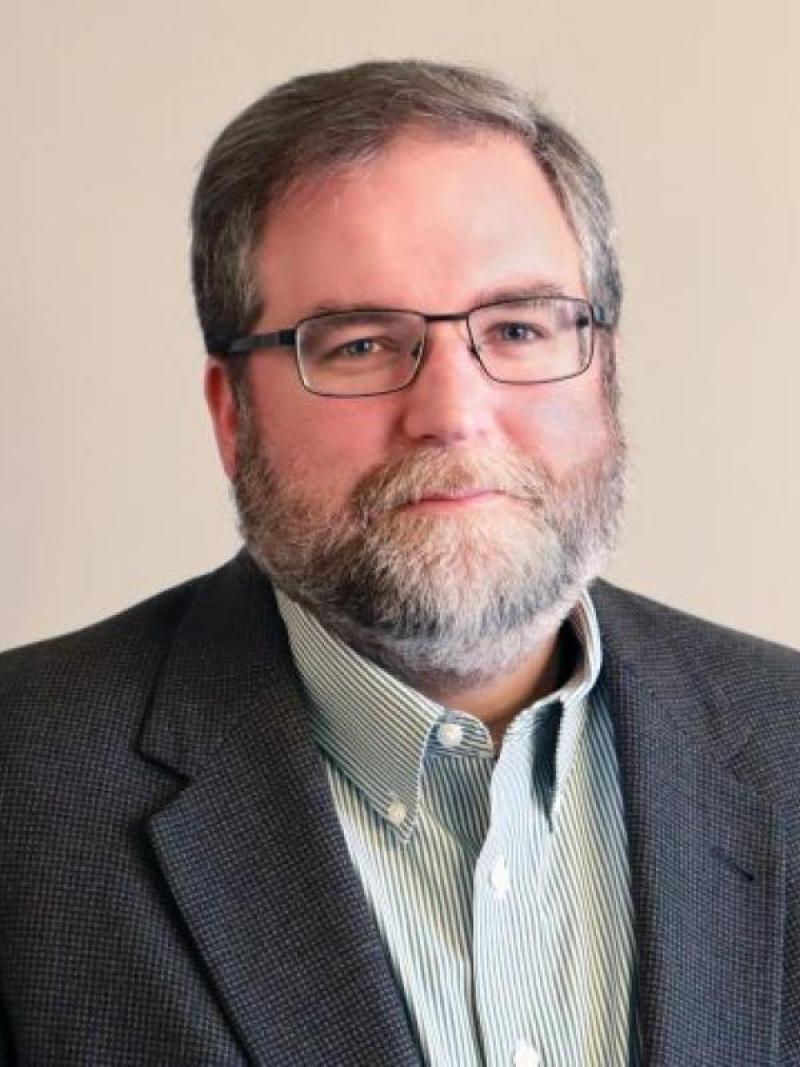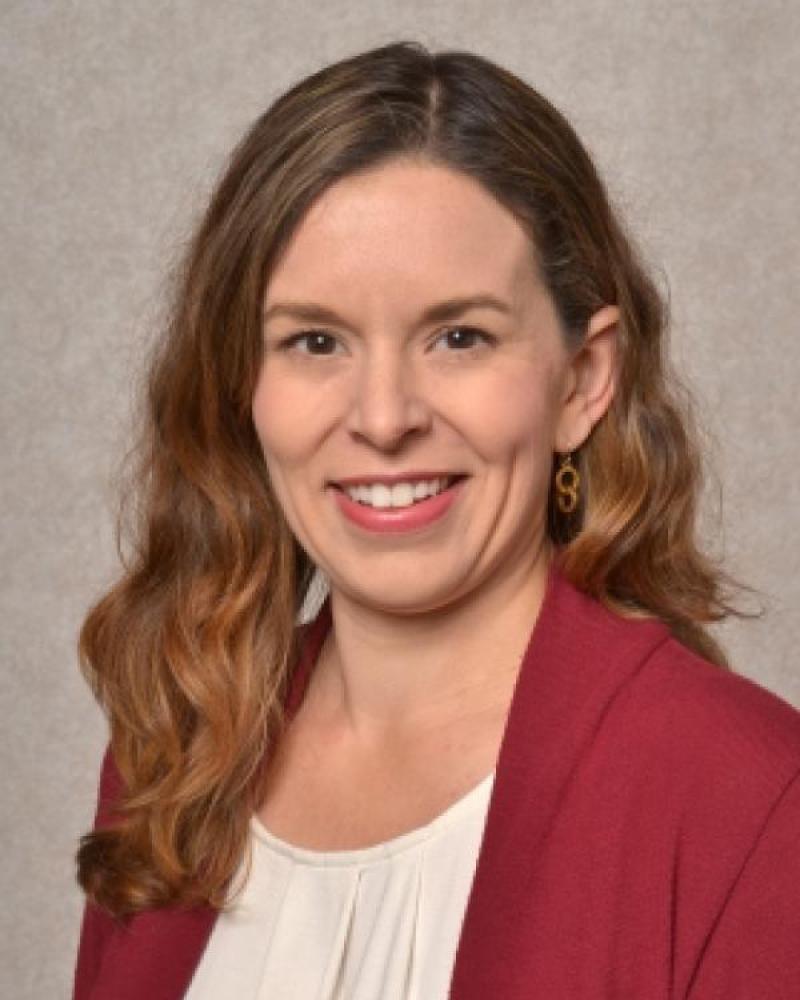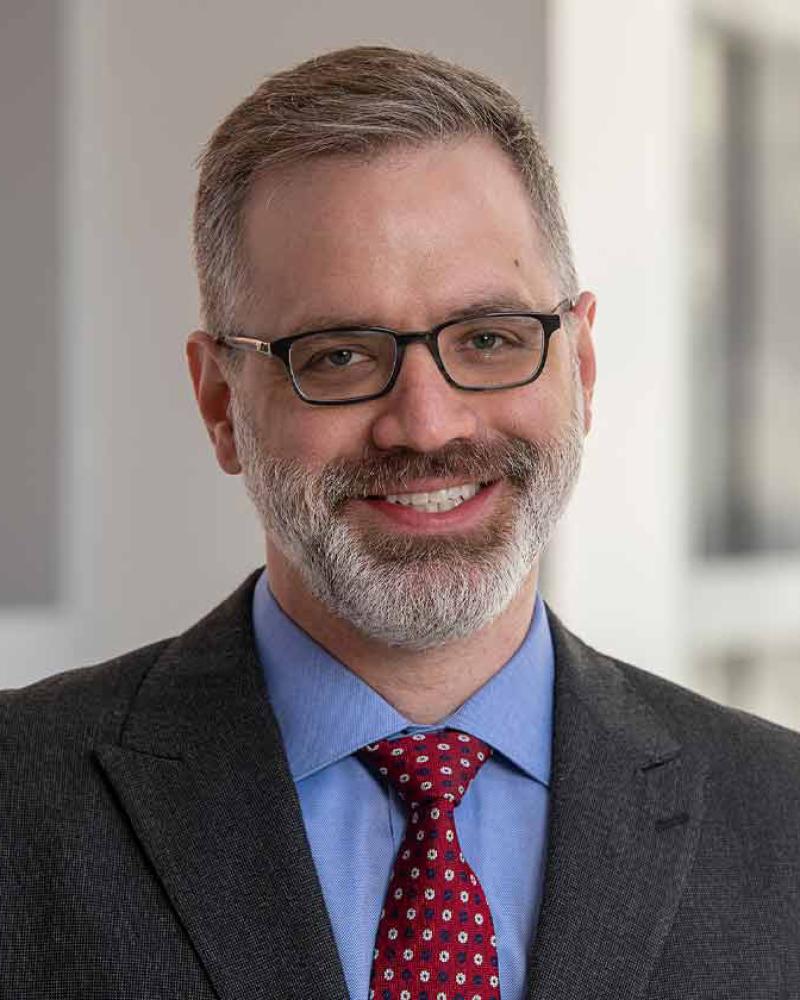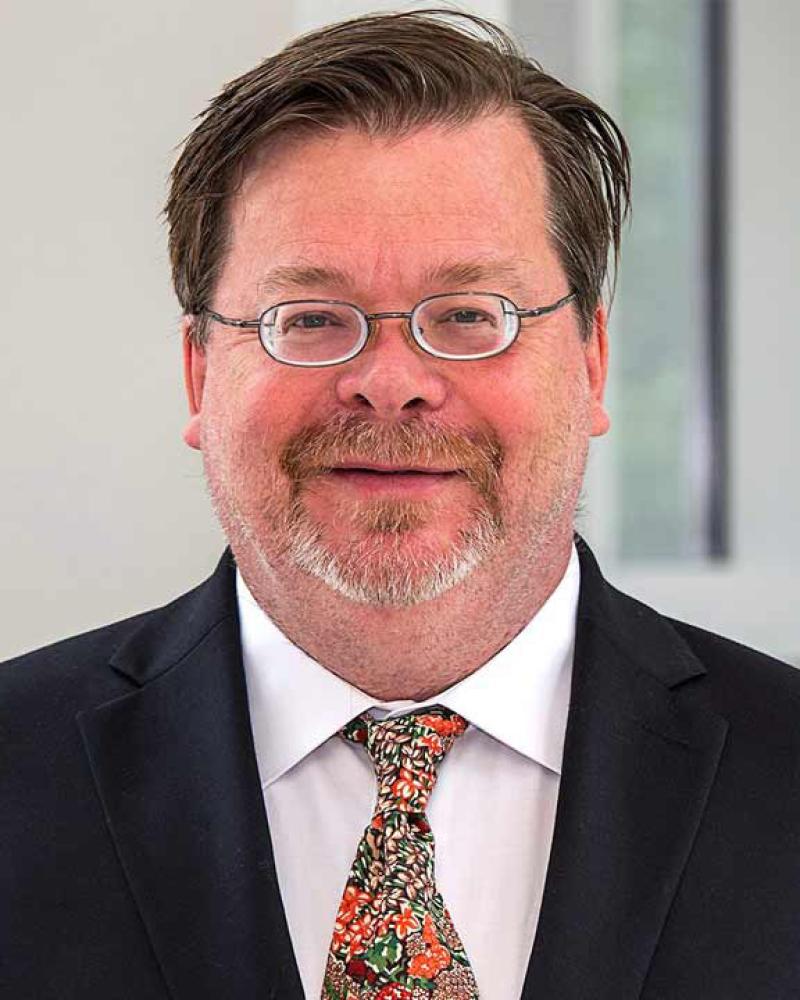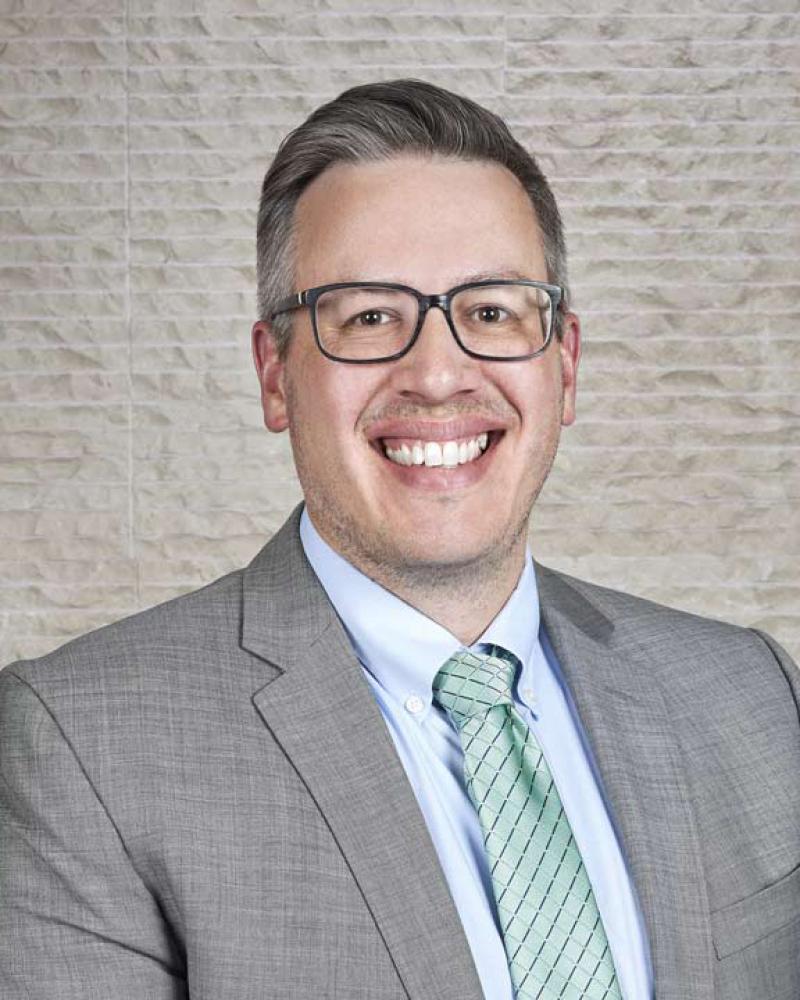Clinical Psychology
For more detailed information about program requirements and expectations, view the program handbook.
Overview
Accredited by the American Psychological Association (APA) and the Psychological Clinical Science Accreditation System (PCAS), the Clinical Psychology graduate program helps students cultivate both excellent research skills and excellent clinical skills. Students learn to formulate, conduct, and publish empirical research relevant to clinical psychological phenomena. They also train to conceptualize, assess, treat, and prevent psychological dysfunction through extensive clinical practica experiences.
Clinical Psychology students follow one of three tracks:
- Adult Clinical Psychology
- Health Psychology
- Clinical Neuropsychology
Upon graduating, students are regularly recruited for positions at universities, colleges, and medical schools, where they embark on careers as scholars and educators.
Accreditation
The Clinical Psychology program has been American Psychological Association (APA) accredited since 1948 and gained Psychological Clinical Science Accreditation System (PCSAS) accreditation in 2015.
View student admissions, outcomes and other data →
Qualifications
Applicants to the Clinical Psychology program should have completed an undergraduate major in psychology or demonstrate comparable evidence of mastering foundational principles of psychological science. Also desirable are coursework in basic science and math, competitive GPA and GRE scores, research experience, and strong letters of recommendation. Applicants should clearly indicate their interests in a particular specialty and describe their specific research and career interests in clinical psychology.
Program of Study
The Clinical Psychology program is designed to be completed in six years. In years one and two, students complete core coursework, initial research, and their Master's thesis. Following completion of the candidacy exam in year three, students focus on courses, research, and practica that align with their individual career goals. They propose a dissertation year four and complete their defense by the end of year five. During year six, the final year of the program, students complete an off-campus, APA-accredited internship.
Coursework
The Clinical Psychology curriculum integrates broad substantive training in psychology with advanced research and professional training in clinical science, including psychopathology and health psychology. Required core courses include:
- Psychology 6861: Research Design and Methods in Clinical Psychology
- Psych 6863: Psychometrics
- Psych 6810 and 6811: Statistical Methods in Psychology I and II, plus one additional statistics course
- Psych 6853: Lifespan Developmental Psychopathology I
- Psych 6866: Empirically Supported Treatments
- Psychology 7188: Practicum in Clinical Psychology
- Psychology 7864: Psychological Appraisal
Each of the Clinical Psychology program's three tracks (Adult Clinical Psychology, Health Psychology, and Clinical Neuropsychology) also has specific curricular requirements that students must fulfill. Additionally, in order to meet the guidelines of APA and PCSAS accreditation, the program also requires students to receive training in affective, biological, cognitive, developmental, and social aspects of behavior, as well as in the history and systems of psychology.
Research
Clinical Psychology students engage in research from the very start of their graduate program. The program focuses on cultivating the highest levels of research competence and uses a mentorship model in research training.
Requirements include an oral presentation of at the end of the first year highlighting research students have completed or are undertaking. During students' remaining years in the program, the Master’s thesis, candidacy exam, and dissertation are required, integral parts of research training.
Throughout their time in the Clinical Psychology program, students are expected to present empirical research projects at regional and national meetings. They are also required to engage in scholarly writing and publishing, and publication in high-impact, peer-reviewed journals is strongly encouraged. Additionally, the program encourages students to apply for their own grant funding, which can provide more time for research.
Clinical Training
The Clinical Psychology program requires students to complete clinical practica experiences. In their second year, students take Psych 7188, a one-year training experience in the Psychological Services Center (PSC), a departmental clinic that offers free services to Ohio adults experiencing a wide range of issues including anxiety disorders, depressive disorders, OCD, and trauma-related disorders, among others. Clinical supervision focuses on improving competence in treating clients of diverse backgrounds.
Most students pursue additional clinical experiences. In their third year and beyond, they can participate in practica with sites including Eating and Behavioral Associates, the Ohio State University Department of Psychiatry, VA Ambulatory Care Center, and Twin Valley Behavioral Healthcare, among others. Additionally, students may participate in specialty clinics offered by core faculty, such as the Buckeye Brain Aging Clinic, the Mindfulness Clinic, and the Advanced Practicum in Dialectical Behavioral Therapy. Not all clinics are available each year.
Facilities and Equipment
The primary site for Clinical Psychology program practica training is the Psychological Services Center (PSC), located on the first floor of the Psychology Building. Rooms for individual, family, or group therapy for adults are available and equipped with audio/visual equipment. Additionally, the program offers rooms for data collection for observational and coding studies, as well as computer, audio, video, and psychophysiological equipment. Core faculty and graduate student offices are located near laboratories in the Psychology Building.
Core Faculty
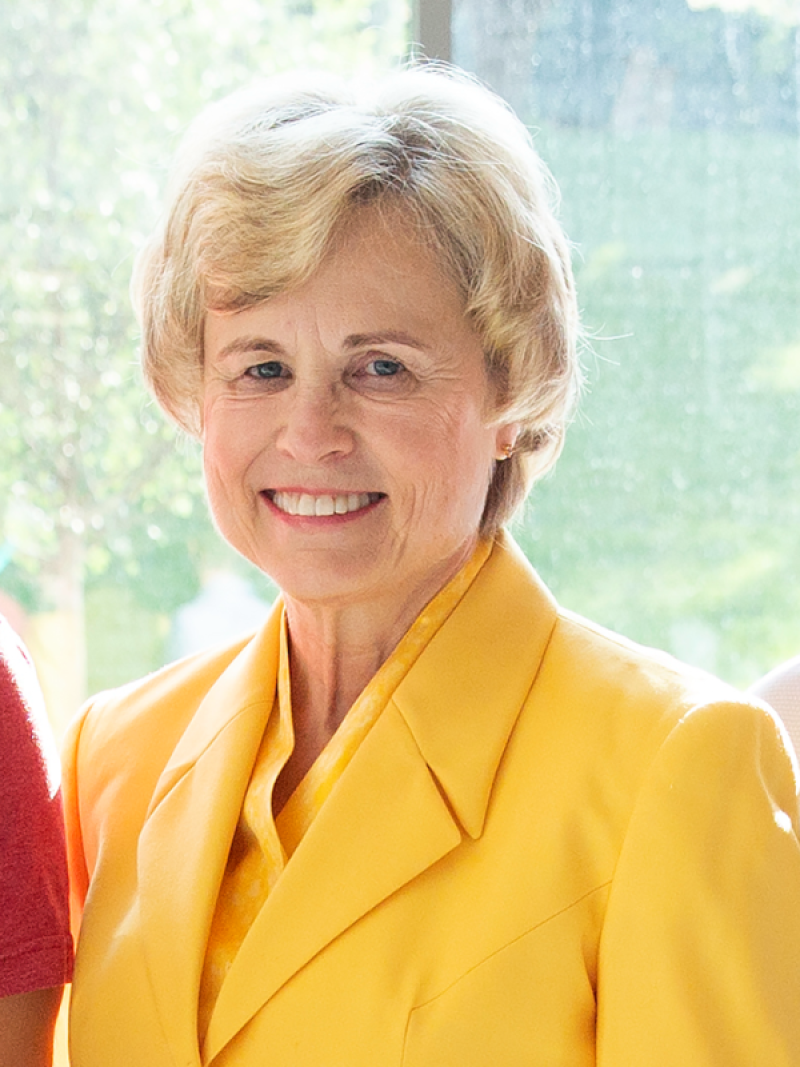
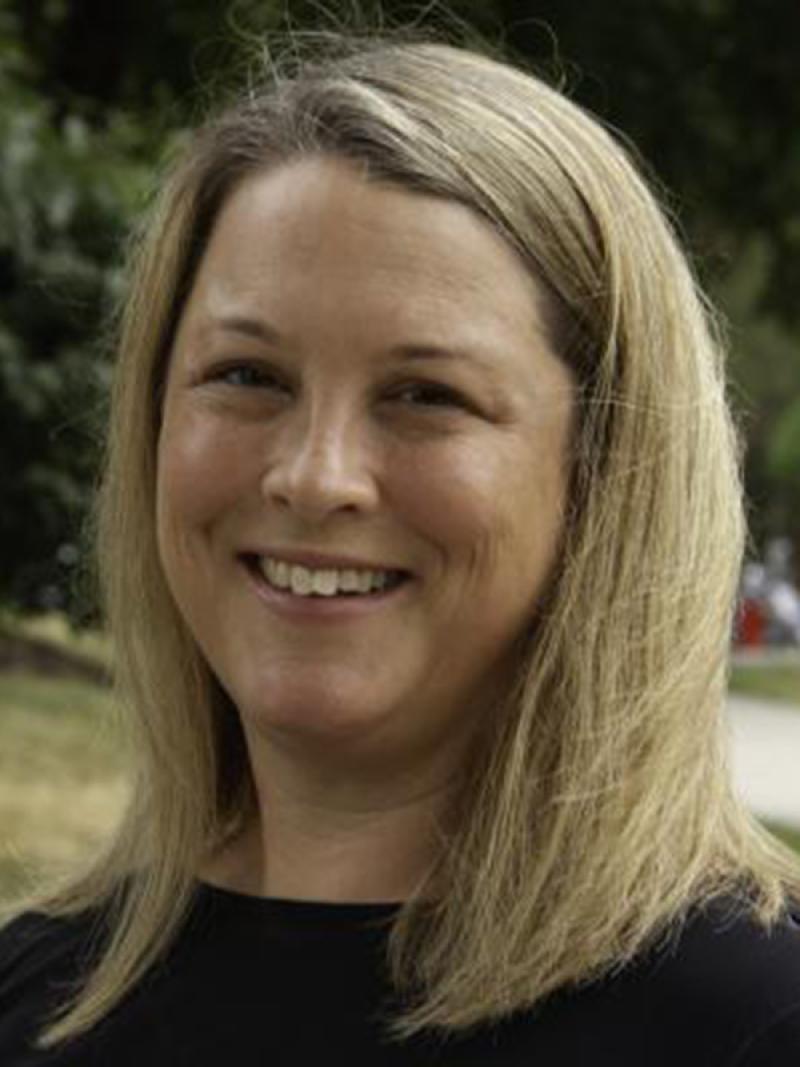
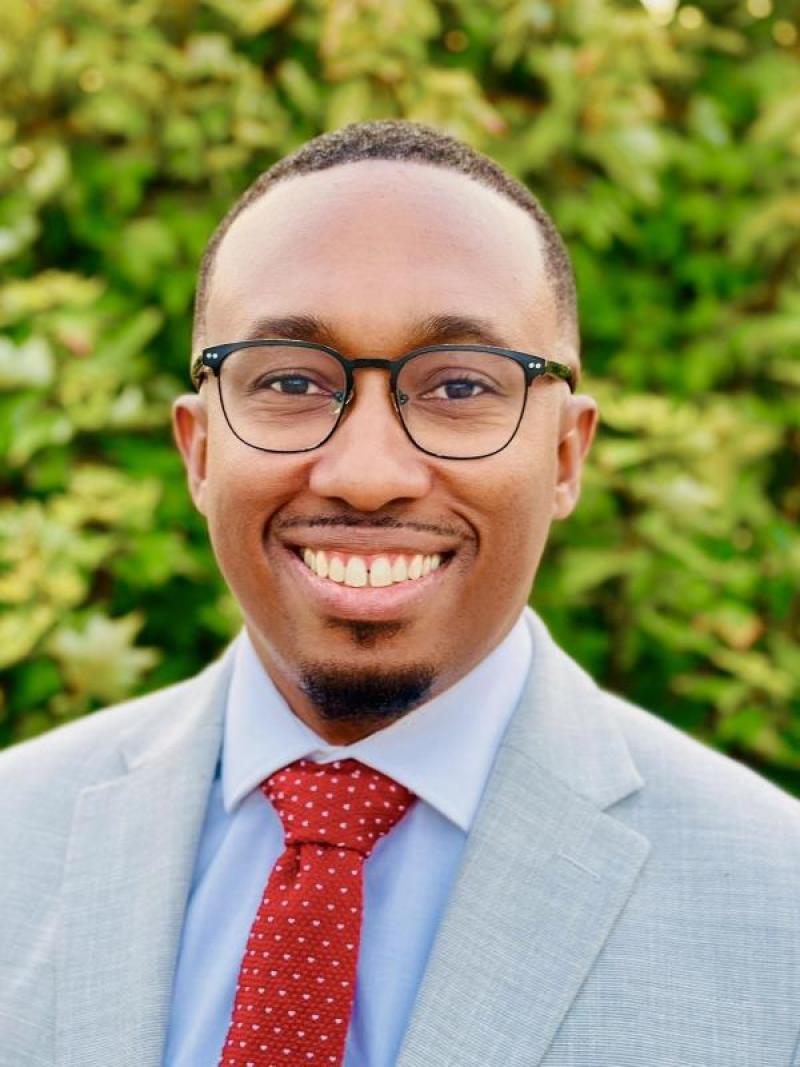
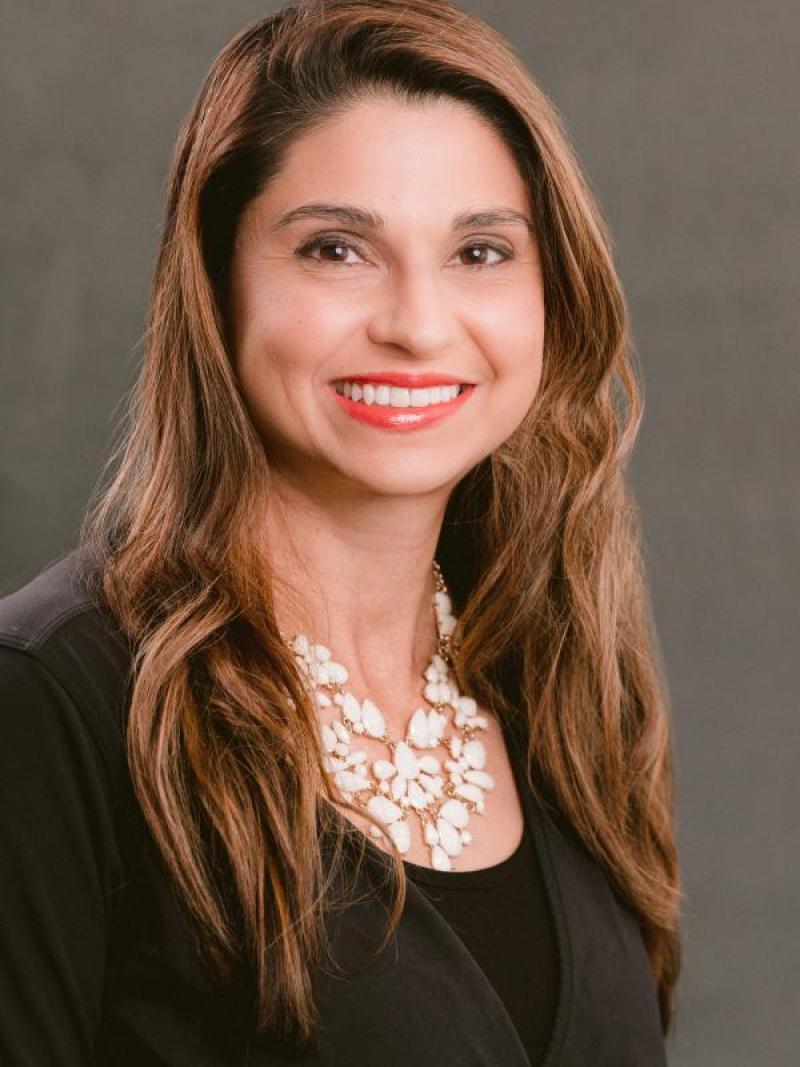
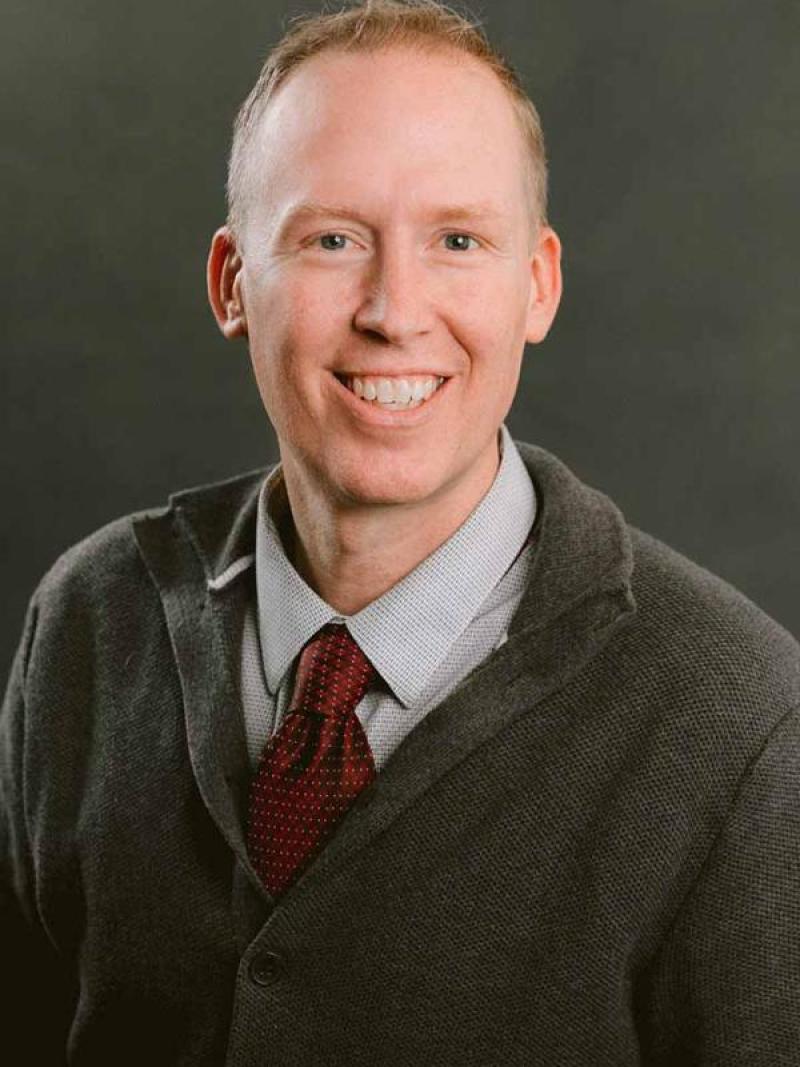
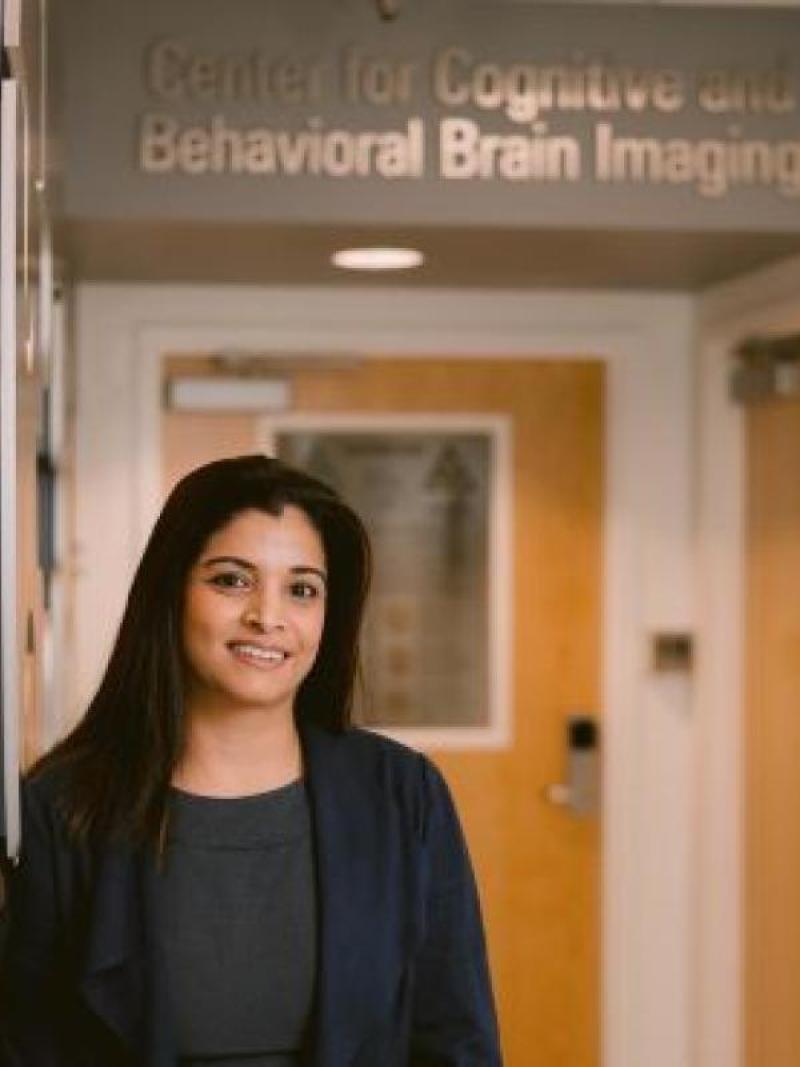
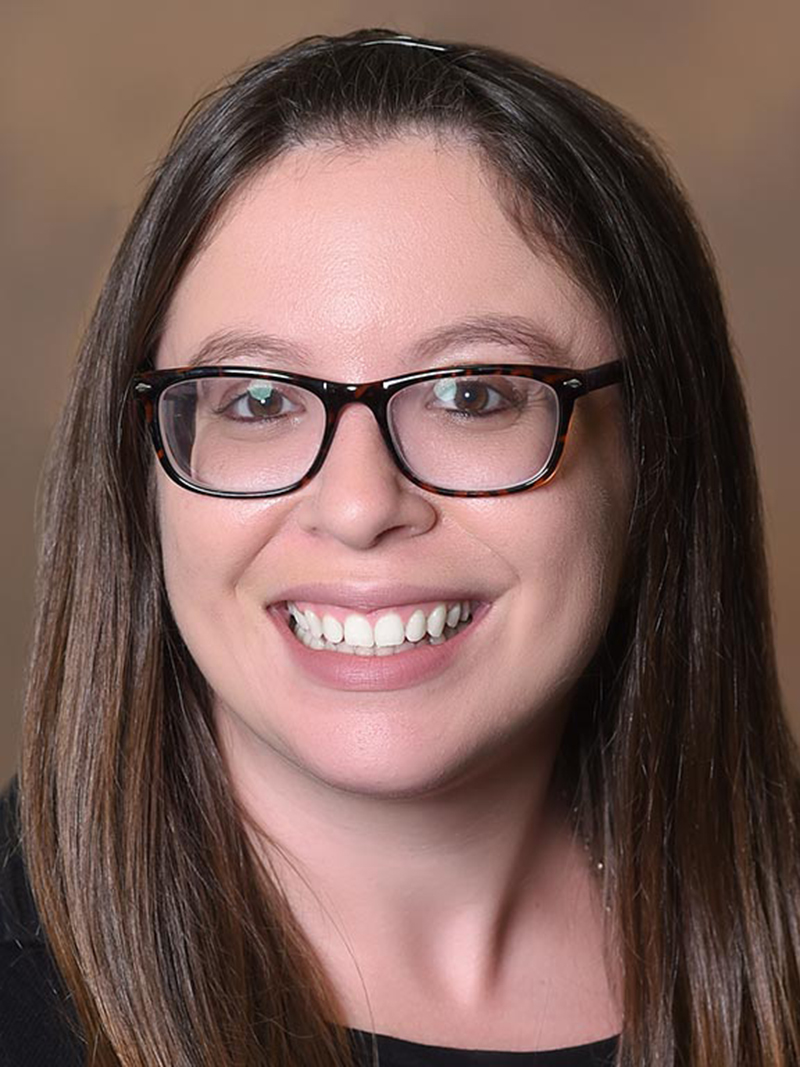
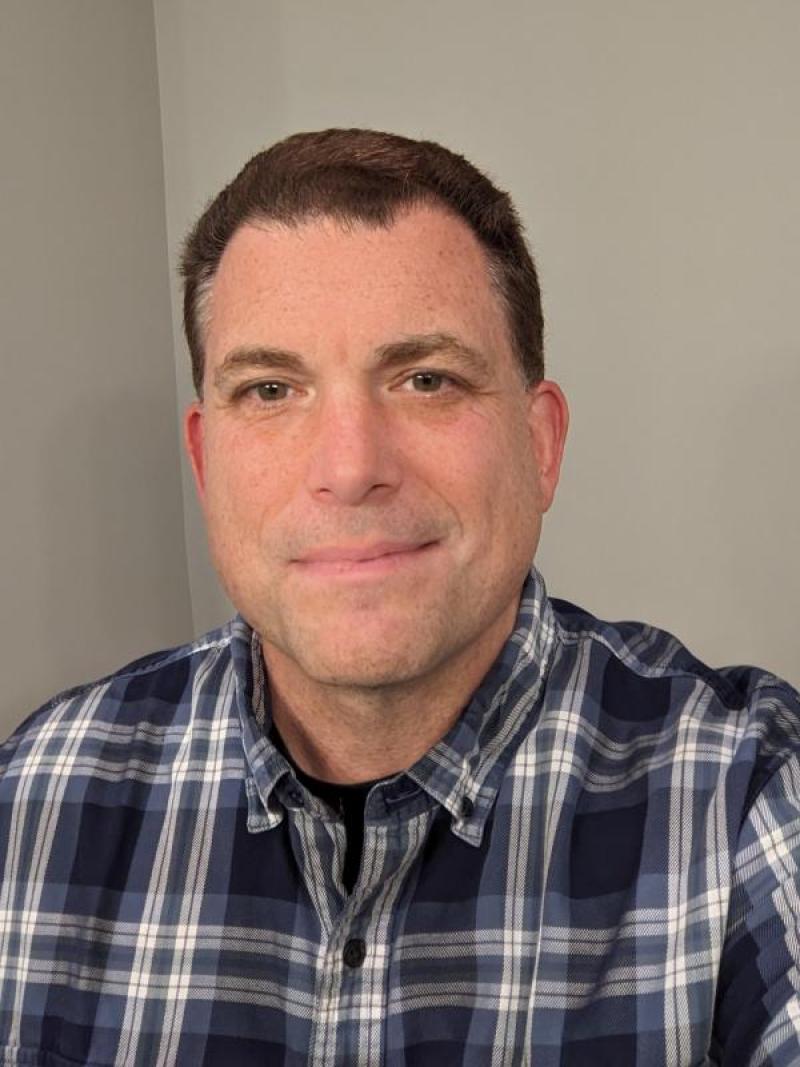
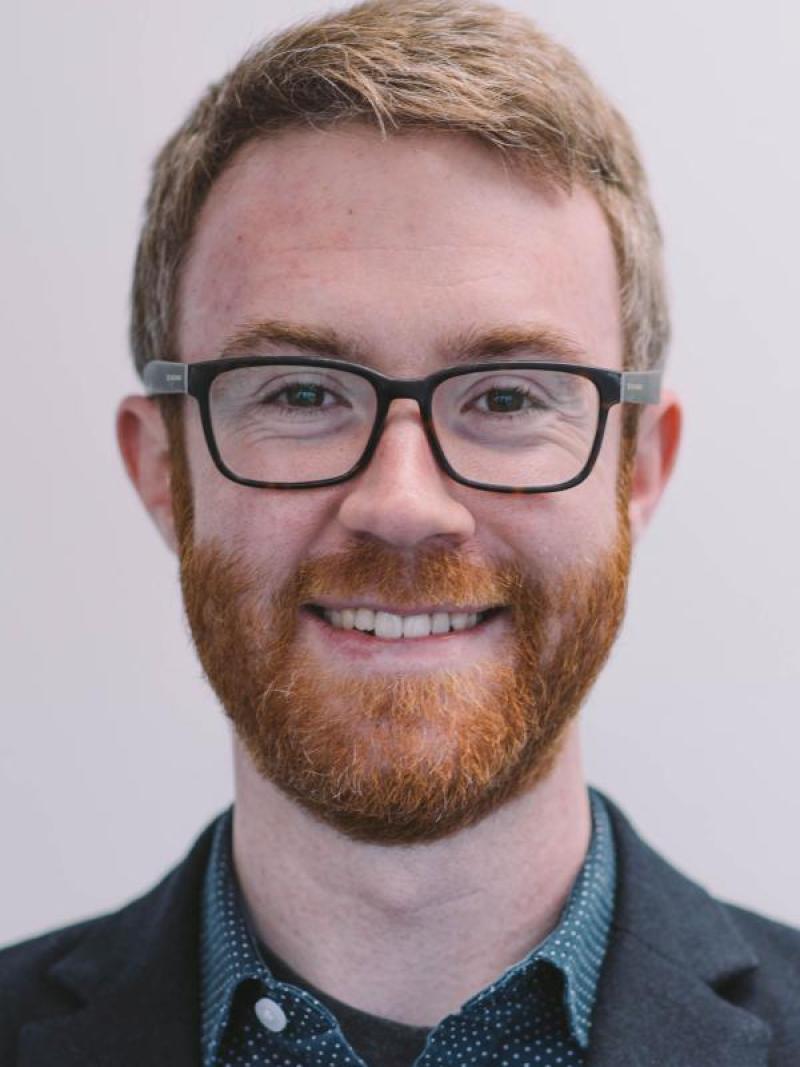
Program Contacts
Clinical Psychology Program Coordinator: Dr. Scott Hayes (hayes.1074@osu.edu)
Director of Clinical Training: Dr. Jennifer Cheavens (cheavens.1@osu.edu)
Director of Psychological Services Center: Dr. Leslie Rudy (rudy.4@osu.edu)

